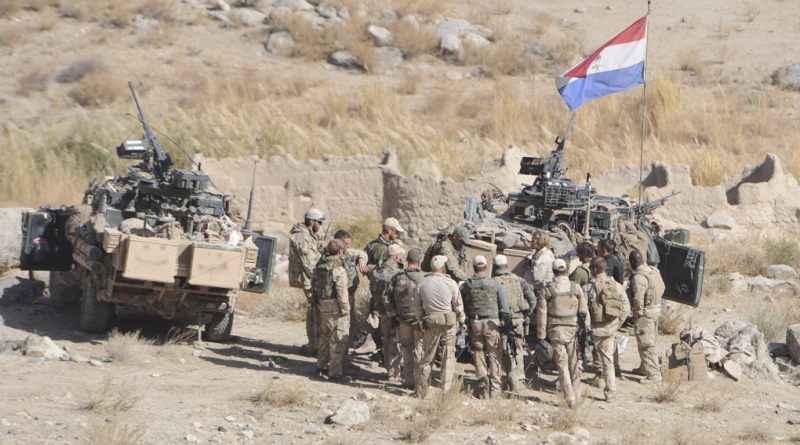Inter-Afghan Peace Talks Kick Off with Distrust, Uncertainty, and Violence
Emma Reed
Staff Writer
On September 12, peace talks between the government of Afghanistan and the Taliban officially began in Doha, Qatar. For two decades, the Taliban and the Afghan government have been at war, with civilian casualties over 31,000 according to a study by Brown University. The peace talks follow an agreement between the Taliban and the U.S., which brought an end to the 18 year long conflict, reports DW.
While the talks were originally scheduled to begin in March, they were delayed for six months due to the COVID-19 pandemic. Despite reaching a deal with the U.S. in the spring, much remains to be done to establish peace between the Afghan government and the Taliban.
To bring the Taliban to the table, both the Afghan government and the U.S. government had to make major and controversial concessions. They agreed on a prisoner swap of 5,000 Taliban fighters for 1,000 Afghan security personnel, which included six high value Taliban prisoners, accused of killing French, American and Australian nationals, reports The Washington Post. Additionally, the U.S. agreed to immediately reduce its military presence in the country from 12,000 to 8,600 troops and to be completely out of the country by mid-2021, reports the Council on Foreign Relations.
Democratic Presidential Candidate Joe Biden supports pulling troops out of Afghanistan, The Week reports. Many believe the U.S.-Taliban Agreement is uneven and creates an environment where the peace talks between the Afghan government and the Taliban will eventually fizzle or stall. An anonymous senior Afghan official told The Washington Post, “We were thrown under the bus for a photo op and a handshake.” Some theorize that the Taliban is simply biding their time until the U.S. pulls out of the agreement.
Violence within Afghanistan has been on the rise since the beginning of the peace talks, with strikes killing large numbers of civilians. According to The New York Times, when summarizing figures from a UN report, the EU special envoy for Afghanistan, Roland Kobia, said that the level of violence over the past five weeks has been the “highest in the past five years.” Many wonder what effect a peace deal with the Taliban will have on the country. Having spent the past 18 years with U.S. occupation, many women worry about what a return to Taliban rule could do to their right to work and to have an education. Shogofa Davish, a news reporter in Kabul, says she has seen the benefits of the U.S. occupation and worries that a return to Taliban rule will force her to give up her job. Speaking to The Washington Post, she explains that while she is worried, she “will not accept returning [to Taliban rule]. I will never give up.” With varying opinions about the trustworthiness of the Taliban, increases in violence, and the rights of women at stake, a peace deal seems to be a while in the making.



